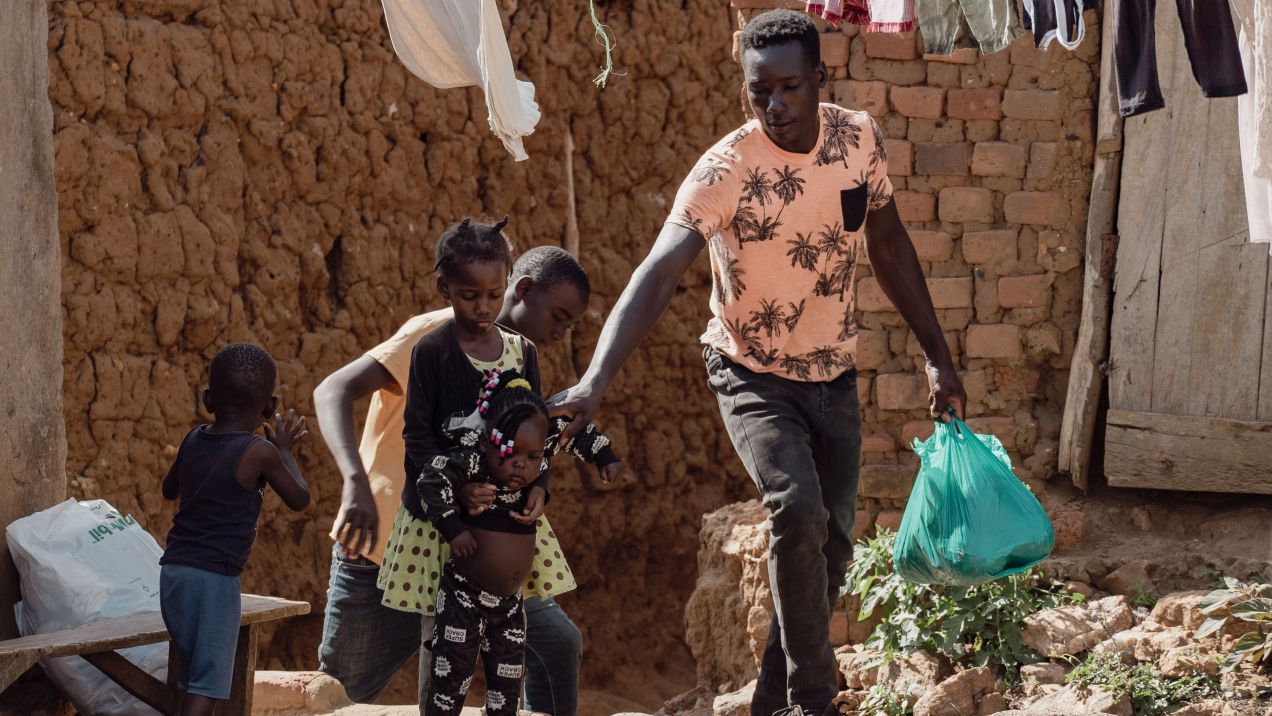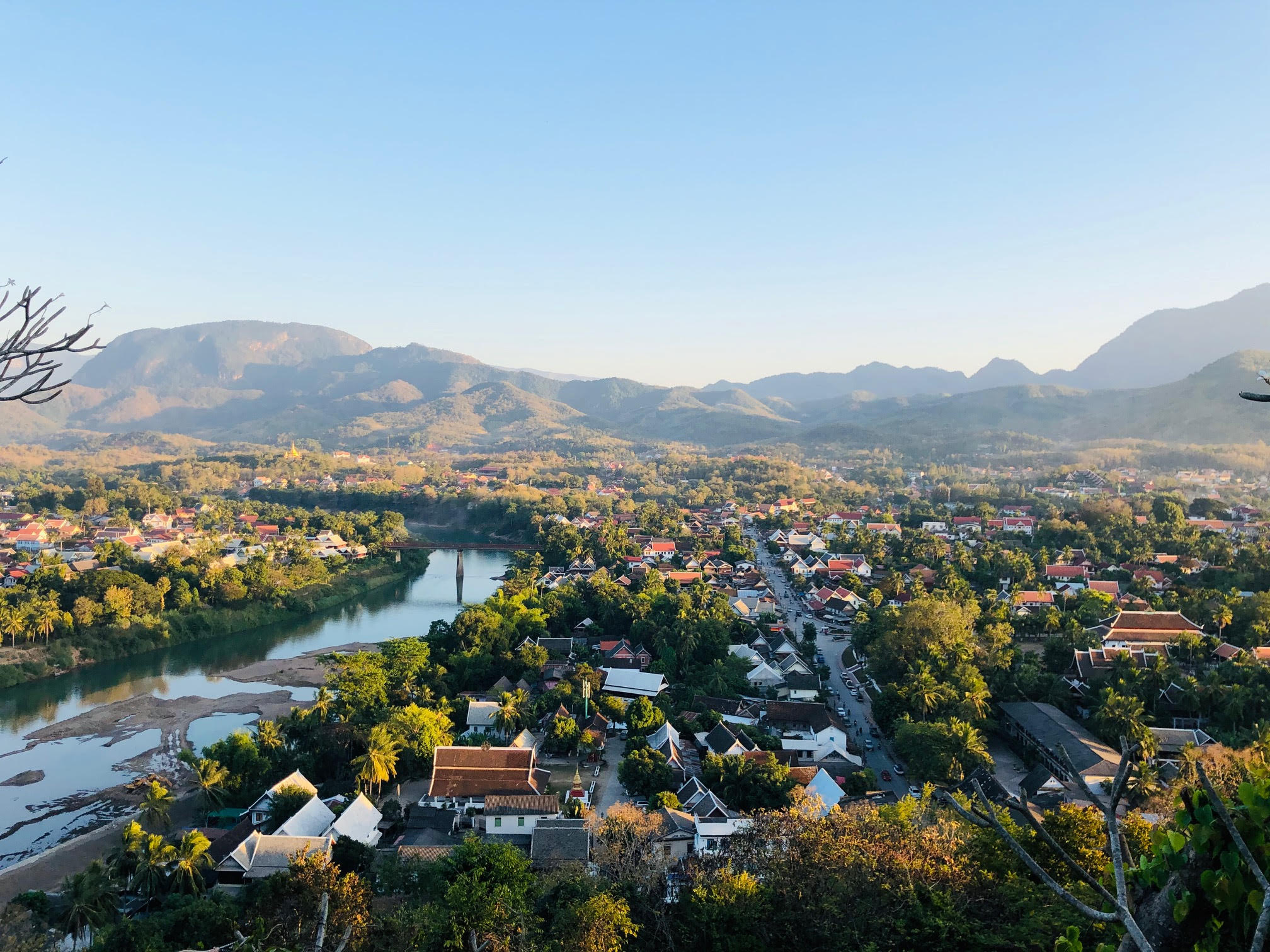This article provides a brief overview of some of the key activities undertaken by the Cities Alliance over the past two months. They include updates on our Joint Work Programme and Country Programme activities.
Cities Alliance Welcomes Two New Equitable Economic Growth Campaign Cities
One of the ways the Cities Alliance Joint Work Programme for Equitable Economic Growth implements its activities is through Campaign Cities in partner countries. In January, Cities Alliance welcomed two new Campaign Cities in Bangladesh: Narayanganj and Sylhet.
In Campaign Cities, JWP members support local initiatives to promote equitable access to public goods and services through focus areas adapted to the city’s specific needs and context. Each campaign city produces an Institutional Enabling Environment Report, a Local Assessment Report and city-level, evidence-based policy briefs and recommendations.
Working with Narayanganj and Sylhet will be a valuable experience for the JWP. Both face problems common to many secondary cities, including high population density, low access to network services, traffic congestion, lack of public transport and pedestrian facilities, and poor quality housing stock.
They also have unique challenges that impact equitable economic growth. In Sylhet, high consumption levels are sustained by remittances from expatriates in Europe rather than a buoyant local economy, leading to growing slums on private lands that must be serviced. Narayanganj, known as the “Dundee of the East” for the importance of its’ jute business, is one of the oldest and most prominent river ports in Bangladesh; however, high levels of pollution and waste in the Shitalakhya River are preventing the city from taking advantage of its riverfront location for local economic development.
Resilience JWP Explores Areas for Greater Cooperation
The Cities Alliance Joint Work Programme on Resilient Cities held a strategic planning meeting 25-26 January in Brussels. Members explored several areas that could benefit from enhanced cooperation. They include:
- Resilience strategies and plans. The JWP could support joint engagements between members to provide a stronger business case for climate adaptation in developing cities. This would link to strengthening the informal economy and community-based adaptation measures.
- Data. It could address key knowledge gaps in linking data on informal settlements to existing resilience assessment and plans, and explore core financial indicators needed for a bankable resilience project. The JWP could also provide support for data that cities need for investment financing.
- Climate finance. The JWP could support cities by showcasing existing mapping of strategic financing options for city resilience and highlight gaps, as well as strengthening the voice of urban communities in international finance architecture. This could be new knowledge on how to reduce investment risk through participatory process and linking community-based adaptation funds to international funds. The JWP is also exploring city readiness for international climate funds, which would involve working with funds such as the Green Climate Fund to provide guidance for cities interested in pushing readiness.
- International frameworks. Guidance to stakeholders could help inform the coherent integration of global processes at the city level, including with the Habitat III JWP at key global conventions.
Cities Alliance and HFHI Host Roundtables on Affordable Housing in Monrovia
In February, Cities Alliance and Habitat for Humanity International (HFHI) hosted a series of roundtables on affordable housing in greater Monrovia, Liberia.
The roundtables brought together public, private and material supply institutions to provide input for a housing value chain analysis the two organisations are supporting in Monrovia. This analysis will feed into a larger slum upgrading and affordable housing framework for greater Monrovia that is part of the Cities Alliance Liberia Country Programme.
The roundtables explored the possibilities for working with the private sector to expand access to housing products and services for under-served and un-served segments of the market.
HFHI’s disaster risk reduction and response team also presented local stakeholders with a hazard and vulnerability assessment to better understand how to incorporate climatic and locational risks more systematically. This is an urgent issue in Monrovia; our research has found that Liberia is the second most vulnerable country to climate change in West Africa.
This assessment and a housing market analysis conducted by the HFHI housing market development team helped raise awareness with government and civil society. The analyses will also serve as key inputs into the development of a Climate Resilient Slum Upgrading and Affordable Housing Framework.
Possible recommendations for market-based interventions include:
1. Building the institutional capacity of the National Housing Authority for slum upgrading programmes and policies with technical assistance from South Africa’s Ministry of Human Settlements, who participated in the mission;
2. Designing less risky housing microfinance products for incremental home improvements with existing microfinance institutions;
3. Working with the building material supply institutions to introduce more climate-resilient home building technologies and practices affordable for low income groups; and
4. Partnering with organised slum communities to introduce ecosystem-based adaptation interventions in wetland and coastal settlements to increase the adaptive capacities of communities affected by climate change and disasters.




